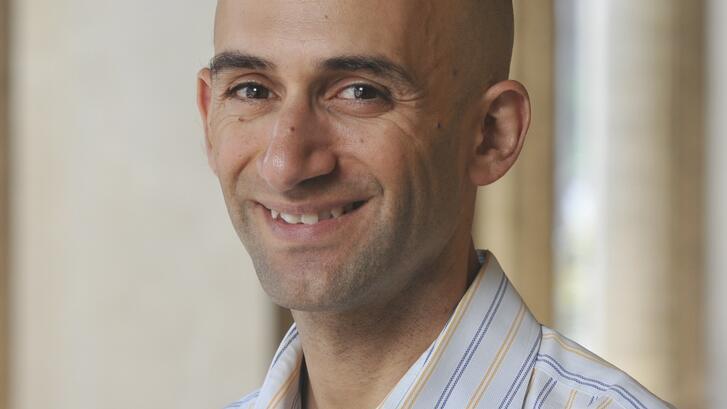Liberia is one of the poorest countries in the world, having suffered years of civil war and regional conflict. Its human development indicators rank 175 out of 189 countries on the 2019 Human Development Index. The child malnutrition rate is 15% among 5-year-olds and younger and many Liberians lack access to basic needs such as food, water, shelter, education, and health care.
In fact, the authors note, nearly 63% of the people in the West African nation established by freed American slaves live in poverty; 69% of the country’s 5 million people live on less than $3.20 a day.
“A functional economy that ensures that most citizens can earn a living wage does not exist,” the authors wrote. “Extreme poverty in some families, high levels of illiteracy and unemployment, and suboptimal economic activities contribute to child servitude and other forms of child exploitation.”
The children of Liberia are not alone. In societies with inherent instability and ongoing conflict, the practice of child servitude can become accepted as a normal way to make money and centralize power when opportunity and resources are scarce.
Jappah notes that for young children and adolescents, this is the period of forming personality, critical reasoning and developing relationships outside of the home, as well as forming opinions about the world around them. Living in such dehumanizing conditions can result in shame and trauma and often have intergenerational effects. They also have lower levels of education and higher dropout rates, contributing to an ongoing cycle of intergenerational poverty.
“These children, as all children do, internalize and, to some extent, normalize their living conditions, and society becomes more acquiescent to such practices, despite their detrimental effects,” Jappah said. “These practices are widespread in places where laws are not adequate to address them, or if there are laws, few enforcement mechanisms are in place, or they are not enforced.”
Jappah said Liberians must address their cultural history of exploitation if they want to abolish the practice of child servitude. In addition, addressing the larger issues of inequity and the exclusion of marginalized groups is necessary.
“Throughout human history, we have witnessed clashes among social classes and groups,” Jappah said. “The more inequitable a society is, the more likely it is to be rife with social tensions.”
He concluded that those tensions are evident in developing countries as well as the industrialized nations such as the United States, a Western harbor of child trafficking and slavery. According to the Global Slavery Index, on any given day in 2016 there were 403,000 people living in conditions of modern slavery in the United States — or 1.3 victims of slavery for every thousand people in this country.
“This phenomenon is universal; Liberia is not an exception,” Jappah said.







